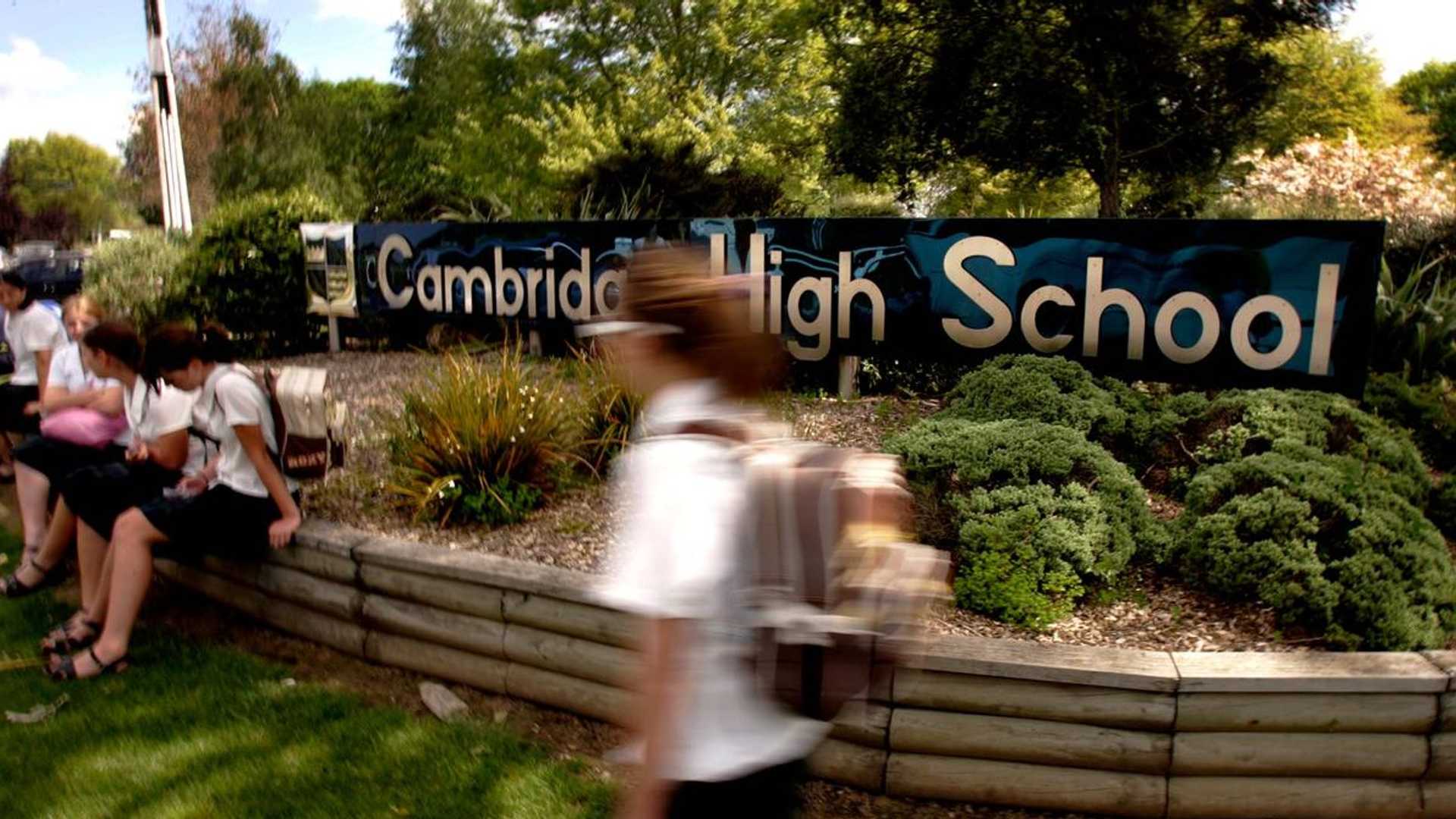ChatGPT, AI Cheating Scandal: Advanced Words Flagged as Plagiarism in Student's Work
Artificial intelligence program ChatGPT has flagged certain words, including "imperfect", "scrutinize", and "apparent", as evidence of plagiarism in an assessment submitted by a Year 12 student. Further analysis revealed that the student had also used phrases such as "vibrant counterparts", "non-pastel location", "better perceive", "effectively conveying the intensity of", and "utilizing, emphasizing and realization" that were considered too advanced for her level of education, leading to the school's failure to assess her work.
The Cambridge High School student, who is an excellence-level student, had analyzed an extract from a Black Mirror episode for her NCEA Level 2 English assessment. Although the girl's teacher had flagged her work, the student and her mother denied any allegations of plagiarism and stated that the use of AI by teachers to detect plagiarism is unreliable and a "Russian roulette" of infallibility.
Following the report of this incident, other concerned parents and educators have shared similar examples. NZQA, the New Zealand Qualifications Authority, has advised schools to use three AI tools, AI Writing Check, AICheatCheck, and Turnitin, to detect plagiarism. However, NZQA acknowledges that it could be difficult to stop students from using AI tech to cheat.
Educational technologist Francis Valintine has warned that the availability of AI tools has made "the opportunity for cheating and all manner of misconduct...seemingly endless." While AI detection tools are useful, NZQA emphasizes that they are not infallible, and any decision around authenticity should be shared by the leadership of the school.
Principal investigator of the Research on Academic Integrity in New Zealand (Rainz) Project and University of Auckland associate professor Jason Stephens has called for a rethink in how to teach and assess students' learning, given the technological revolution brought about by AI tools.




















